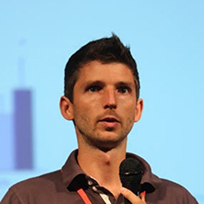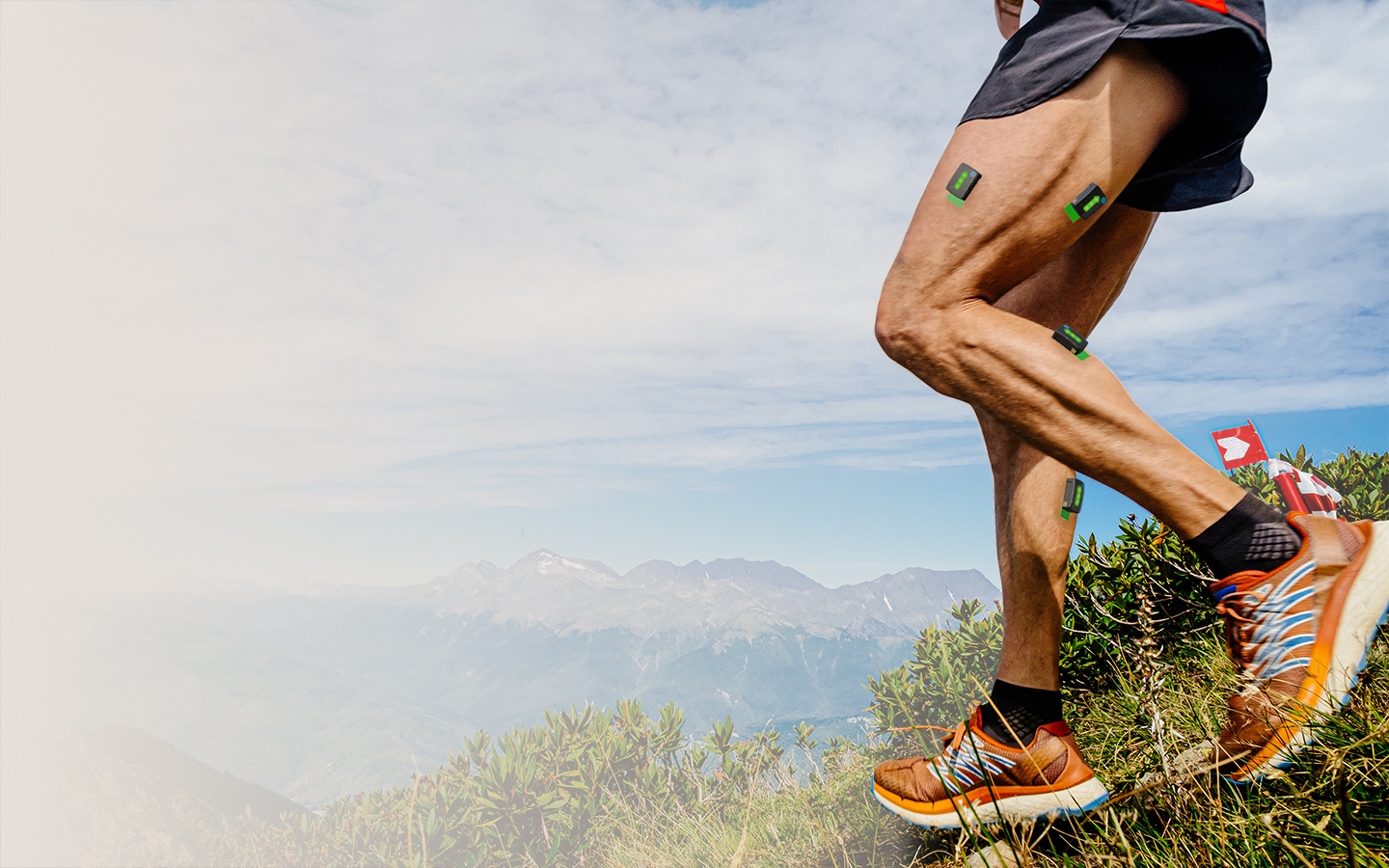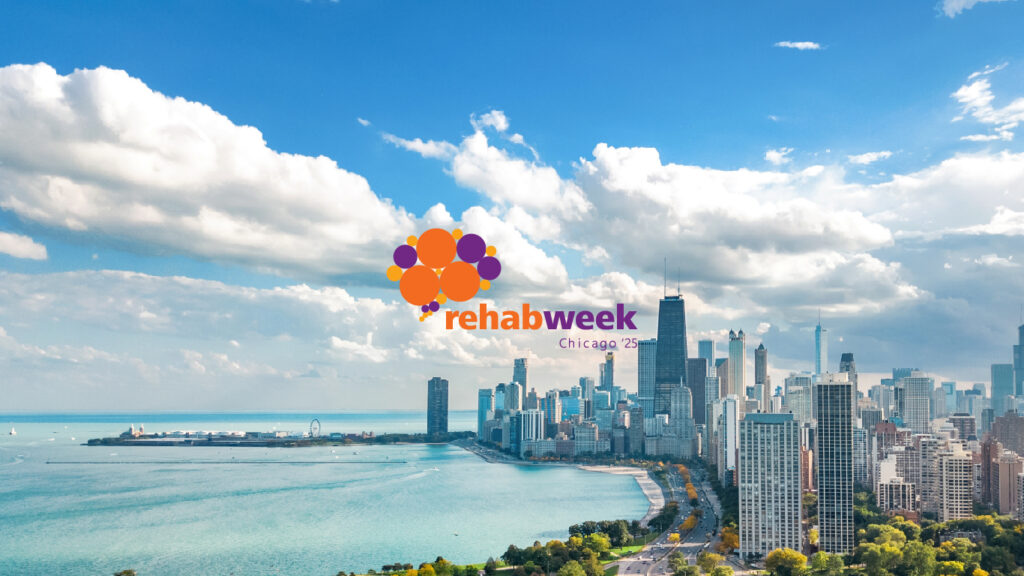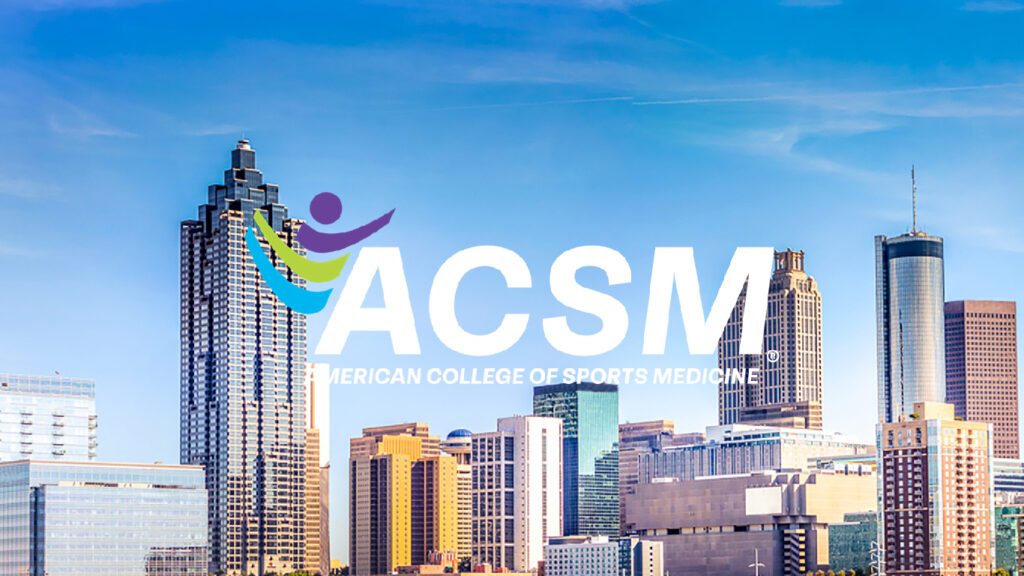Dr. Thomas Lapole and Gabriel Idda, from the Laboratory of Human Movement Biology (LIBM) at Jean Monnet University at Saint-Etienne, will be coming to Boston for this year’s ACSM conference! During their stay, they will be visiting Delsys and presenting their work on the energy costs of downhill running
What is the ideal slope in downhill running? A laboratory and field study to get insights into biomechanical and physiological determinants of cost of running:
Despite extensive literature on the energy cost (Cr) of level running, there has been a noticeable lack of research done on downhill running, which differs from level running both mechanically and in terms of energy expenditure. While existing research has established an estimate of the optimal downhill slope for minimizing Cr during running, the causes of this optimal slope are yet to be determined. The research by Lapole and Idda aims to evaluate the muscular and biomechanical determinants of this optimal slope by collecting EMG and accelerometer data. Using Trigno Link, they will simultaneously record VO2 to measure the metabolic costs of running t different negative slopes. Lapole and Idda intend to broaden their research further by taking it out of the lab and into the field, an area lacking in prior research. By comparing the costs of running between the lab and the field, they hope to develop a more holistic understanding of Cr during downhill running.
About the Researchers:

After graduating high school in 2018, Gabriel Idda began his bachelor’s degree in sports sciences at Jean Monnet University at Saint-Etienne. He is currently pursuing a master’s degree in the training and optimization of sports performance, where he is working full-time on his project, “What is the ideal slope in downhill running? A laboratory and field study to get insights into biomechanical and physiological determinants of cost of running.”

Doctor Thomas Lapole was named Vice-Dean of LIBM in 2020, where he conducts his research today. Lapole’s research projects focus on the plasticity of neuromuscular function in response to exercise and rehabilitation strategies. His goal is to improve decision-making knowledge and non-pharmacological rehabilitation protocols through the assessment of therapy modalities, with a strong focus on the field of vibration therapy.






